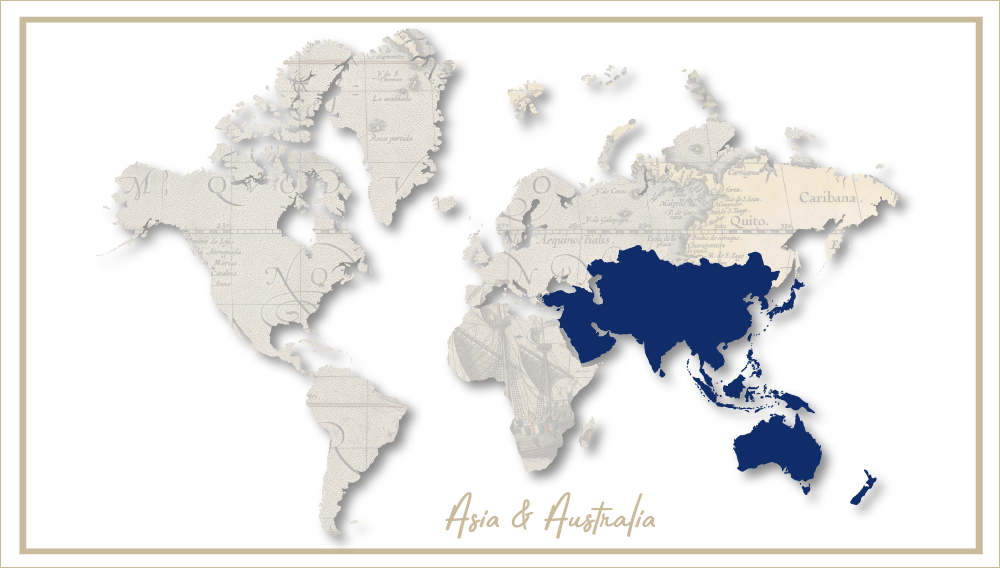Coca-Cola Amatil and retailers quarrel over "the right price"
The recent spat between Coca-Cola Amatil’s CEO Terry Davis and Australia’s major retailers over why CCA’s products are several times more expensive in Australia than, for example, in Thailand, is as much a political battle as it is an economic one.
Ian McLeod, the Managing Director of Coles, a chain of supermarkets, had complained to Australian media that Coca-Cola was two to three times more expensive in Australia than in Thailand. Mr McLeod mentioned the price of Coca-Cola in his renewed attack on multinational suppliers, saying consumers are paying too much for groceries.
This broadside apparently angered Mr Davis so much that he too used the media to reply: "Do we want to be a country that has no food security, do we want to be a country that pays our workers AUD 1.50 to AUD 2.50 (USD 1.50 to USD 2.50) an hour?"
By way of explaining the price difference, Mr Davis told media on 8 May 2013 that soft drink prices in Australia had to be higher than elsewhere because of higher wages and rent. While CCA was paying the same price as Asian manufacturers for aluminium cans and sugar, which are world-traded products, it paid 15 to 20 times more per hour for labour.
Mr Davis was quoted as saying: "I could bring in cans from Indonesia cheaper than I could produce them in Australia but I’m not going to do that because I’m a believer that we have to have a manufacturing industry in this country, because if we don’t, we do so at our peril."
He also said "no" to suggestions that local manufacturers should open their books to retailers or provide more transparency into cost structures to identify opportunities to reduce costs.
Instead, Mr Davis called for a national debate on the future of food manufacturing and living standards in Australia as the supermarket chains Coles and Woolworths are stepping up their campaign against grocery price discrepancies. "My personal view is that ultimately Australian consumers will need to vocally encourage the major Australian retailers to lift their support for domestically grown and produced brands instead of supporting imported private label products, or consumers will face the very real proposition of seeing less and less Australian-grown produce on retailer shelves," he was quoted as saying.
Mr Davis may have a point here. However, in all honesty, higher input costs are not the only reason why branded beverages cost so much more in Australia than own-label products. Beer industry observers have long known that Australia’s high retail price for beer also translated into higher-than-average profits for brewers. Until 2009, Australia’s beer profit pool, as measured in total profits earned (EBIT), was higher than China’s although Australia’s brewers produced only 18 million hl beer compared to China’s 435 million hl.
The same could possibly be said for the soft drinks industry too.
The economic reason behind Mr Davis’ lashing out against the retailers is that CCA was forced to reveal in early May 2013 that it expects profits (EBIT) to fall 8 or 9 percent in the six months ending June – the first interim profit fall since 2006 – because of intense price competition and weak volumes in Australian supermarkets.
What may have contributed to CCA’s fall in profits is that its rival Schweppes, which produces Pepsi products, had slashed the price of Pepsi, thus increasing the price gap between Coca-Cola and Pepsi from 40 percent to 50 percent. Media say that this has forced CCA to cut prices too in order to maintain its market share.
At the same time, retailers have been reducing non-alcoholic beverage inventories, further denting volumes.
CCA meanwhile is stepping up plans to re-enter the Australian beer market in December and according to Mr Davis is well advanced in negotiations with international brewers to either import their brands or brew them locally under licence.
"I have no doubt we will have a strong portfolio of international beer brands to kick off in 2014," Mr Davis said.

